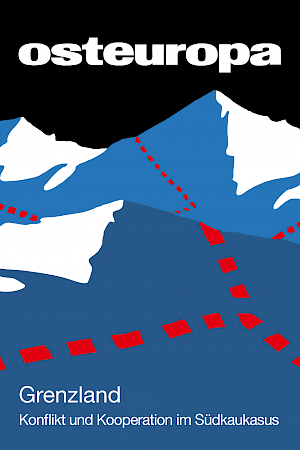Second World
Health and Education in the Southern Caucasus
Ansgar Gilster, Christina Huthmann
Deutsche Fassung
Abstract
After the fall of the Soviet Union the South Caucasian states‘ social systems slipped into a severe crisis. It took more than a decade to overcome the negative effects of secession wars and economic collapse. Over the last years, many development indicators have shown progress. Life expectancy is on a constant rise, and all health systems provide free basic health care. Every child has access to schooling, and the quality of secondary education is improving. Georgia clearly shows the most promising developments, although it is economically in the weakest position. Azerbaijan, on the other hand, has not used the economic benefits from its oil industry to finance broader access to health care and education.
(Osteuropa 7-10/2015, pp. 335–350)



